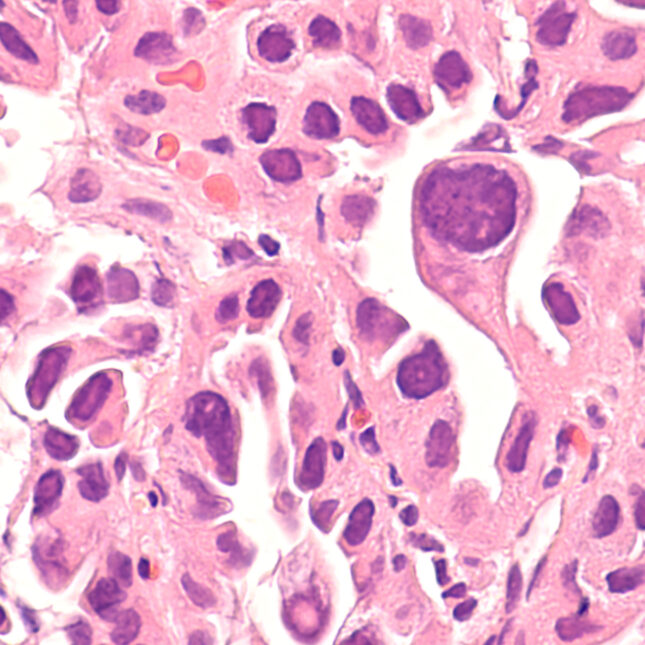Cancer naming conventions might be due for a revamp, according to Fabrice André, a medical oncologist and the upcoming president of the European Society of Medical Oncology. He’s advocating for a shift from the traditional organ-centric approach to a more molecular-focused classification. This change is prompted by the growing understanding of how genetic alterations drive cancer development and how treatments can target these alterations, irrespective of the organ of origin.
André believes that the current system, which labels cancers solely based on their originating organ, can be confusing for patients, especially when two individuals with the same organ-specific cancer receive entirely different treatments due to varying genetic characteristics. He emphasizes the need to represent cancer based on its genetic identity, providing a more accurate reflection of the disease.
In a recent interview, André highlighted the real-world impact of this proposed shift, citing examples like drugs targeting the immune checkpoint PD-1. These drugs, crucial in cancer treatment, have been delayed for certain patients as trials specific to their cancer type took years to complete.
The conversation delves into the potential benefits of a biological-based classification, not only in streamlining treatment decisions but also in enhancing patient understanding. André envisions a future where patients can easily communicate their cancer type based on its genetic makeup, fostering a more engaged approach to their treatment.
While André acknowledges that the organ-based classification won’t disappear, he stresses the importance of aligning cancer naming conventions with our current understanding of the disease at a molecular level. This proposed change aims to better represent the true nature of cancers and expedite access to targeted therapies, ultimately prioritizing the well-being of patients.
In essence, the proposal suggests a shift towards a more patient-centric and biologically informed approach to cancer naming, promising a more tailored and efficient way to tackle this complex disease.















































